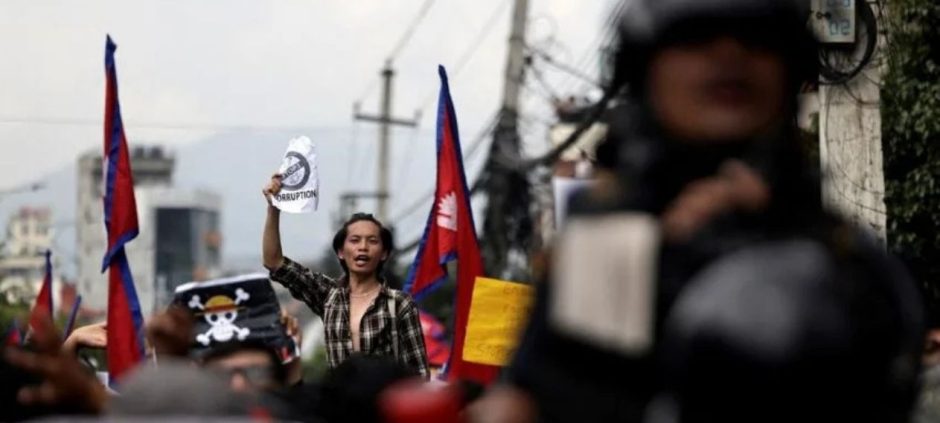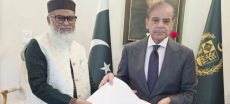Nepal’s army will continue discussions with “Gen Z” protesters on Thursday to decide a new interim leader. The talks follow violent demonstrations that killed 30 people and forced the prime minister to resign.
Soldiers patrolled Kathmandu, the capital, after the city witnessed its worst protests in years. The unrest was sparked by a social media ban, which authorities later lifted after clashes resulted in 19 deaths. Police used tear gas and rubber bullets to control crowds during the demonstrations.
Army spokesperson Raja Ram Basnet confirmed, “Initial talks are ongoing and will continue today. We are working to slowly normalize the situation.”
By Thursday, Nepal’s health ministry reported the death toll had risen to 30, with 1,033 people injured. Prohibitory orders remain in effect in Kathmandu and surrounding areas, while international flights continue to operate without disruption.
The demonstrations are known as the “Gen Z” protests, as most participants were young people expressing frustration at government corruption and limited economic opportunities. Protesters proposed former Chief Justice Sushila Karki as the interim prime minister. Karki accepted the request, telling CNN-News18, “When they requested me, I accepted.”
During the protests, government buildings, including the Supreme Court, ministers’ homes, and former Prime Minister Oli’s residence, were set on fire. Business establishments also suffered damage, including hotels in Pokhara and Kathmandu’s Hilton.
The protests in Nepal only subsided after the prime minister resigned, signaling a significant political shift. Analysts say these events highlight the influence of youth activism and the growing demand for accountability in Nepal’s governance.
The ongoing discussions between the army and protesters aim to stabilize Nepal’s political situation. Observers hope a new interim leader will restore calm and confidence among citizens and investors alike.
In other related news also read Nepal Earthquake Rescue Operations Halted After Efforts











